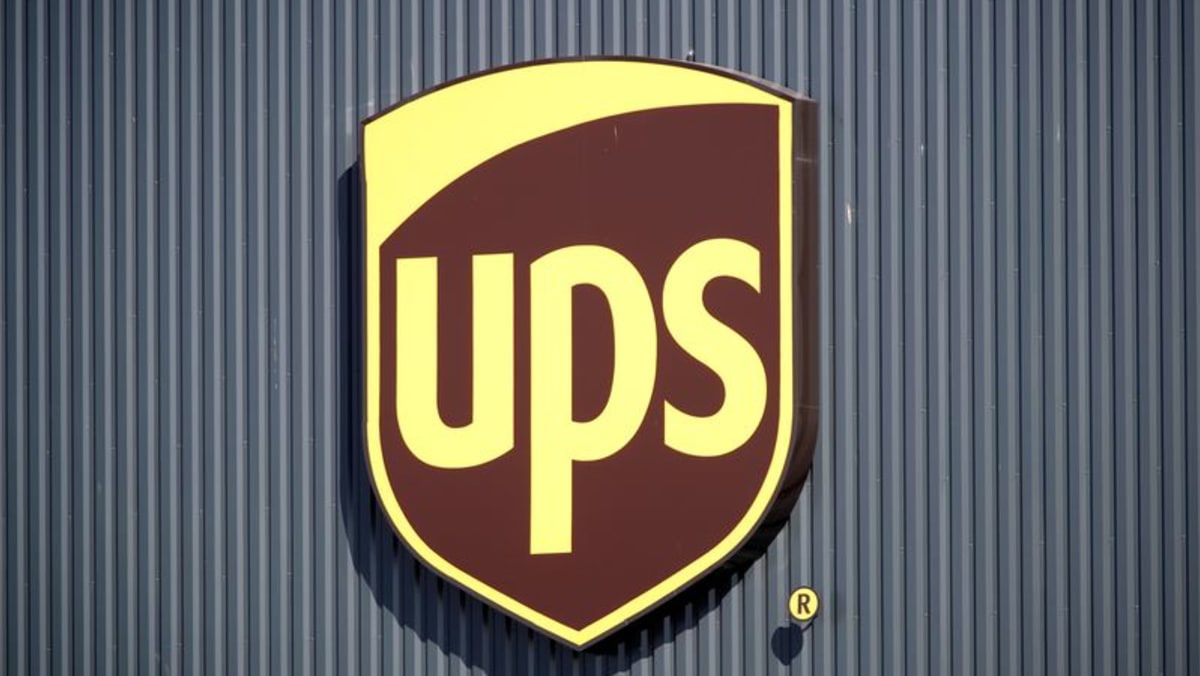FRANKFURT: General Motors, Kraft Heinz and Electrolux on Tuesday (Apr 29) joined the diverse list of companies that have pulled forecasts for 2025 or slashed outlooks, as US President Donald Trump’s trade war sends a chill through the corporate world.
GM also pushed its investor call to Thursday pending possible changes to tariff policy, while delivery giant UPS said it would cut 20,000 jobs to lower costs in an uncertain economy and in anticipation of weak volumes from its largest customer, Amazon.
The barrage of negative news is more evidence that chaotic trade policy is taking a major toll on companies, forcing many to cut spending, upending supply chains and making it hard to plan beyond the immediate term.
Consumers are also spending less as Trump’s imposition of sweeping tariffs, followed by the suspension or rollback of some duties, creates uncertainty, raising fears of a sharp economic downturn in the United States and beyond.
“We believe the future impact of tariffs could be significant,” GM Chief Financial Officer Paul Jacobson told a media call after the US carmaker pulled its forecast for the year. “We’re telling folks not to rely on the prior guidance, and we’ll update when we have more information around tariffs.”
World stocks and the dollar edged up on Tuesday after Washington said it planned to reduce the impact of some auto tariffs, but markets are far from recovering the heavy losses suffered after the levies were outlined on Apr 2.
About 40 companies worldwide have pulled or lowered their forward guidance in the first two weeks of the first-quarter earnings season, a Reuters analysis shows. GM and Volvo Cars abandoned their outlooks on Tuesday, joining US airline Delta, computer gadget maker Logitech and drinks giant Diageo.
Ketchup maker Kraft Heinz, meanwhile, trimmed its annual forecast, hotel operator Hilton cut its 2025 revenue growth outlook and Porsche and Electrolux cut their full-year outlooks.
“No question the uncertainty surrounding exactly what could happen with demand is about as high as we’ve ever seen,” Carson Group’s chief market strategist Ryan Detrick said, predicting that more companies would suspend or withdraw guidance.
German sports car maker Porsche AG said it had suffered a hit of at least 100 million euros (US$114 million) across April and May as a result of US import tariffs.
“There is so much volatility, there is so much information coming in, some of which is reliable, some of which is not,” CFO Jochen Breckner said, warning that Porsche would have to pass on tariff costs to customers via price increases, at least in part.
The tariffs are expected to raise US car prices by thousands of dollars, reducing demand and piling pressure on an automobile industry already struggling with a slowing transition to electric vehicles.
Porsche has no US production, and Volvo Cars ships most of the cars it sells in the United States from Europe, meaning they are particularly exposed to the 25 per cent charge on car imports and would gain little from a mooted softening of the duties.
Shares in Volvo Cars fell over 10 per cent after it said it would cut spending by about US$1.8 billion and restructure its US operations following a tumble in first-quarter profits.
Estimates by at least 10 firms in the US and Europe of the likely costs associated with tariffs, including steps to mitigate the impact, amount to a cumulative US$3 billion for this year. Others have provided a likely range, underlining the uncertain impact.
Adidas CEO Bjorn Gulden said that “in a normal world” without the tariff uncertainty, the sportswear company would have hiked its 2025 revenue and profit forecasts after strong quarterly results last week.
But “given the uncertainty around the negotiations between the US and the different exporting countries, we do not know what the final tariffs will be. Therefore, we cannot make any ‘final’ decisions on what to do”, he said on Tuesday.
Trump announced hefty tariffs on most nations in early April and has since then alternated between retracting some while threatening additional industry-specific tariffs on trucking, pharmaceuticals and semiconductors, among others.
CONSUMER WORRIES
Tuesday also saw Hilton become the first US-based hotel operator to temper its outlook as consumers cut spending on travel.
In the clearest warning yet from a major bank on how the ripple effects of Trump’s tariff actions could hurt lenders, HSBC said fallout from the global trade war could hit loan demand and credit quality.
And joining a chorus of household names from Nestle and Unilever to Chipotle, Electrolux blamed weaker consumer sentiment for a lowered North American market outlook after reporting a first-quarter profit miss.
“History tells us that prolonged uncertainty will feed into consumers’ purchasing decisions,” Danish brewer Carlsberg’s CEO Jacob Aarup-Andersen told Reuters.
